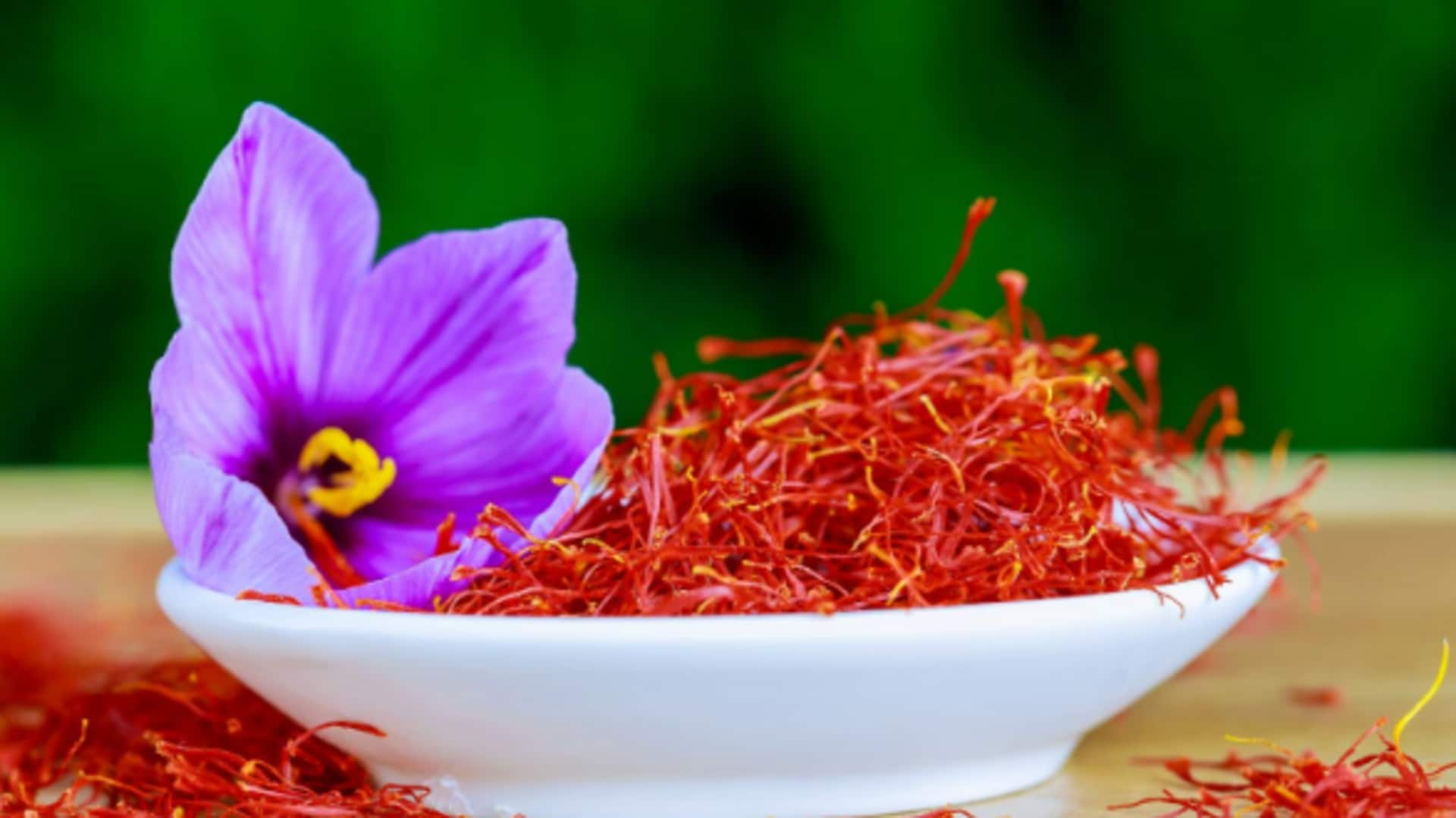French actor Alain Delon during the shooting of the film "Le toubib" (The Doc) in Sissonne, France, May 26, 1979. French film legend Delon has died at the age of 88 following a battle with ill health, his three children told AFP in a statement on Aug.18.
AFP-Yonhap By Philippe Li Philippe Li Since the announcement of Alain Delon's death on Aug. 18, tributes have multiplied from around the globe, unanimously highlighting his remarkable beauty and illustrious acting career. I have closely followed his career for several decades from both French and Korean perspectives and would like to express my thoughts on him.

To me, Delon was more than just an actor or a handsome figure. The first time I saw Delon on screen was in the film "Pour la peau d'un flic" (For a Cop's Hide) at a Paris theater in the early 1980s. As a young boy at the time, I had seen countless photographs of him and watched several of his films on television, yet none had left a lasting impression.
I was aware of his fame, but that day marked a profound awakening for me. For the first time, I grasped the allure that Delon exuded — not just because of his stunning looks or acting prowess, but due to the magnetic presence he commanded on screen and the rare blend of sobriety and brilliance he embodied. He conveyed a form of confidence and power, making many, including myself, aspire to be like him.
This sentiment was captured by director John Woo, who remarked, "Everyone would like to be cool like Alain Delon." I also became aware of his enormous popularity in Japan and Korea, which may have been greater than some Hollywood stars from the same era, such as Paul Newman or Steve McQueen. During that time, foreign films were scarce in Korea, and the images of certain movies deeply impacted the audiences.
Delon, in particular, emerged as an iconic figure. His dark hair and the refined features of his face resonated with Japanese and Korean viewers, who saw in him an embodiment of the male ideal. Moreover, Asian audiences were highly attuned to the elegance, class and sophistication he radiated — qualities that align with the allure of French luxury products — and I believe there's a profound connection between these two phenomena.
When Delon ascended to fame, the concept of "soft power" had not yet been invented, but he undoubtedly represented French culture with a resonance that persists today. He greatly contributed to enhancing France's image and prestige abroad. In certain eras, anyone speaking of France would automatically evoke the Eiffel Tower, Joan of Arc and Delon.
Through his film career and global appeal, he transformed into a true symbol of French excellence — a feat rarely achieved by anyone and even more rarely matched with such a magnitude for their home country. French actor Alain Delon poses during a photocall before being awarded an Honorary Palme d'Or at the 72nd edition of the Cannes Film Festival in Cannes, France, May 19, 2019. AFP-Yonhap Delon was a multifaceted individual with a range of interests that evolved over his lifetime.
It can be said that the most significant tools he wielded in his career were talent and instinct. He had an intuitive approach to his craft and an innate gift as an actor. Delon often distinguished between an actor — someone who has honed the art of performance — and a performer (such as him), as he never formally learned acting but rather practiced it instinctively.
His intuition guided both his career and personal evolution. Although he did not go through an extensive education, he spoke eloquently and thoughtfully in public settings and interviews. He also cultivated a profound appreciation for art despite lacking formal training and became an esteemed collector of paintings and sculptures by renowned masters.
In addition, Delon displayed a natural talent for business, quickly understanding the advantages of establishing a brand around his name. He created and managed the AD brand with a global perspective, particularly in Asia, resulting in a variety of products, including perfumes, fashion items and even cigarettes, all bearing his name. Delon faced criticism for his habit of referring to himself in the third person and was often labeled as a megalomaniac.
It is undeniable that he maintained a notably high opinion of himself, with one of his distinguishing traits being his arrogance. However, I believe he was consistent with his thoughts in justifying this manner of speaking; he recognized the magnitude of the phenomenon he had become and felt it necessary to delineate between his personal identity and his public persona. This mindset undoubtedly contributed to his career, allowing him to cultivate his unique star status, which he meticulously managed as if it were a brand.
Flowers and offerings are placed at the entrance of the late French actor Alain Delon's property in Douchy, France, Saturday. EPA-Yonhap Long before the era of globalization, Delon may have been one of the first international stars to instinctively grasp how to cultivate a singular identity and leverage fame into diverse ventures. In this regard, he paved the way for future personalities in film, pop culture and sports who would adopt similar strategies, often employing sophisticated methods.
Contemporary examples include David Beckham and Taylor Swift, both of whom echo Delon's innovative approach. In this sense, Delon was indeed a precursor in the art of celebrity branding. The latter part of Delon's artistic journey was not as stellar as the first.
He struggled to identify scenarios and movie directors who were on par with those who had helped him achieve stardom and whom he frequently referred to as his masters in interviews, such as René Clément, Luchino Visconti and Jean-Pierre Melville. Furthermore, his political opinions, which appeared to back French far-right leader Jean-Marie Le Pen, along with social commentaries suggesting male chauvinism, sparked controversy in France. Although he remains deeply respected there, his popularity may not entirely reflect the admiration he deserves.
His death prompted extensive media coverage and numerous tributes across different spheres, though the emotional response felt somewhat subdued — perhaps because his passing was anticipated due to his ongoing health decline and his own discussions about mortality over the years. It might also stem from the near-immortal status he had long held in the public consciousness. Delon leaves behind a vast artistic legacy through his films, as well as a profound personal imprint that transformed him into a living masterpiece.
As Woo said, "Alain Delon was human but totally inaccessible." Philippe Li is a lawyer working in a leading Korean law firm. A member of the Paris Bar, he deals with matters between Korea and Europe.
He is the founding president of the think tank KEY (Korea, Europe and You) and honorary chairman of the French-Korean Chamber of Commerce and Industry..



















